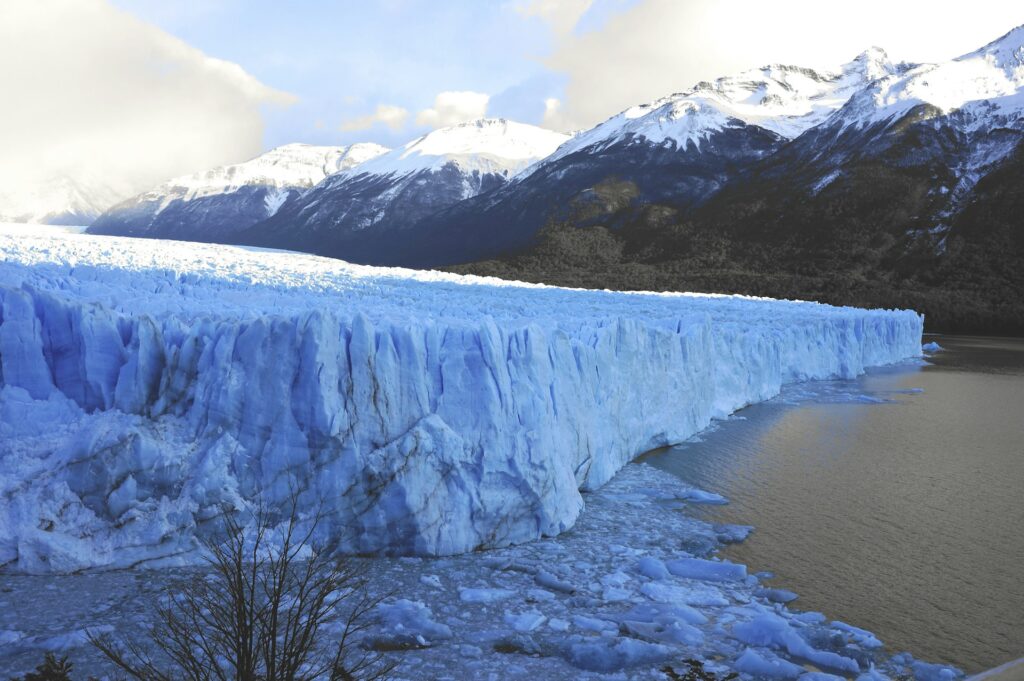Get involved in the International Year of Glaciers’ Preservation!

In December 2022, the United Nations adopted a resolution declaring 2025 the International Year of Glaciers’ Preservation, an important step in recognising the urgency to preserve these cornerstone of life on Earth.
The text highlights the crucial role that glaciers play in maintaining ecological balance, providing freshwater resources, and regulating climate and hydrological patterns. With the growing threat of climate change, the conservation of glaciers has become more important than ever. The General Assembly indeed recalled the various hazards that glacial retreat and thaw pose to mountain areas, such as slope instability, increased flooding, landslides, and avalanches, which are occurring more frequently, in new locations and at different times of the year. A cascading effect also affects the valleys and lowland populations, leading for instance to a loss of agricultural yields.
More than just a label, the International Year aims to raise awareness on critical issues and put them high on the political agenda. Several events and initiatives will mark 2025 such as the international conference of preservation of glaciers. To ensure the implementation of the 2025 IYGP, a call for expression of interest is now available for stakeholders to become members of the Task Forces. Four pillars are available for contributions:
- Global Campaign for International Year of Glaciers’ Preservation 2025
- International Conference on Glaciers’ Preservation, Regional Workshops and Capacity Building
- Research and Monitoring Initiatives
- Policy Advocacy, Partnerships and Resource Mobilization.
Euromontana, one of the partners of the Horizon Europe MountResilience project, is actively addressing the impacts of climate change on European mountains, aligning with the resolution of the UN and its decision to declare 2025 the International Year of Glaciers. In Piemonte (one of the project demonstrators), efforts are focused on developing irrigation decision support tools to sustain agriculture reliant on mountain water sources, particularly in the Pô valley. Meanwhile, in Valais, Switzerland, new sensor systems are being implemented to monitor water quality, facilitating collaborative water management decisions and nature-based solutions. This project will run until 2028 and aim to ensure the resilience of European mountain territories in the face of climate challenges.